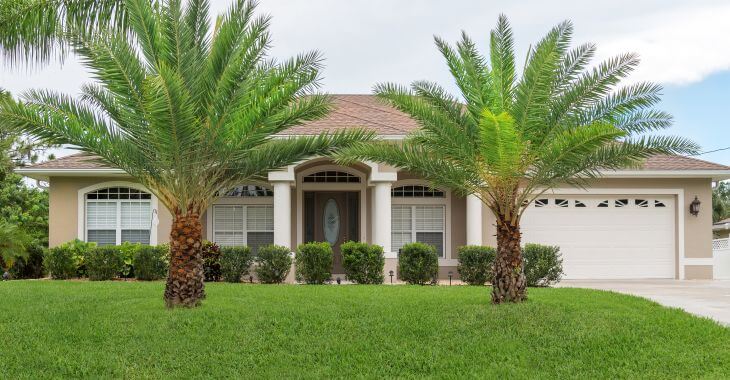Bermuda Grass
Bermuda Grass
Bermuda Grass is a warm season grass, is perennial, and grows best in tropical, sub tropical and transition zones. It loves hot weather, and grows best when temperatures are 90 – 100 degrees F. It is known as a persistent and aggressive grass, and is hard to kill once it has been established.
The best time to plant Bermuda Grass is late Spring or early Summer after soil temperatures are 65 – 70 degrees F or higher, and all danger of frost is past. It should not be planted in late Fall. It is highly desirable on golf courses and athletic fields where heavy traffic damages occur frequently. However, it does not grow well under shaded conditions. Bermuda Grass in the United States extends from New Jersey to Maryland southward to Florida and westward to Kansas and Texas.
Bermuda grass has many positive attributes. The first is that it can be established in 60 – 90 days. Another benefit is that it can be green all year round in the warmer tropical south. Bermuda Grass is drought resistant, and grows on many soils. Down sides include the fact that if not edged properly, it will invade flower beds and other planting sites. Also, because it grows quickly, it requires frequent mowing and periodic thatch removal.
Bermuda Grass should be kept moist until germination. Sod should be watered every day or every 2 days until it is fully rooted into the ground. Thereafter, it should be watered 1-2 inches or water per week. Bermuda Grass should be kept short and mowed ½ inch to 1 ½ inches tall.
Some higher end lawn care services will mow Bermuda grass with a reel mower. A reel mower is what golf courses use to keep their grass very short and well maintained. Bermuda is a great option if you plan on mowing your lawn with a reel mower.
